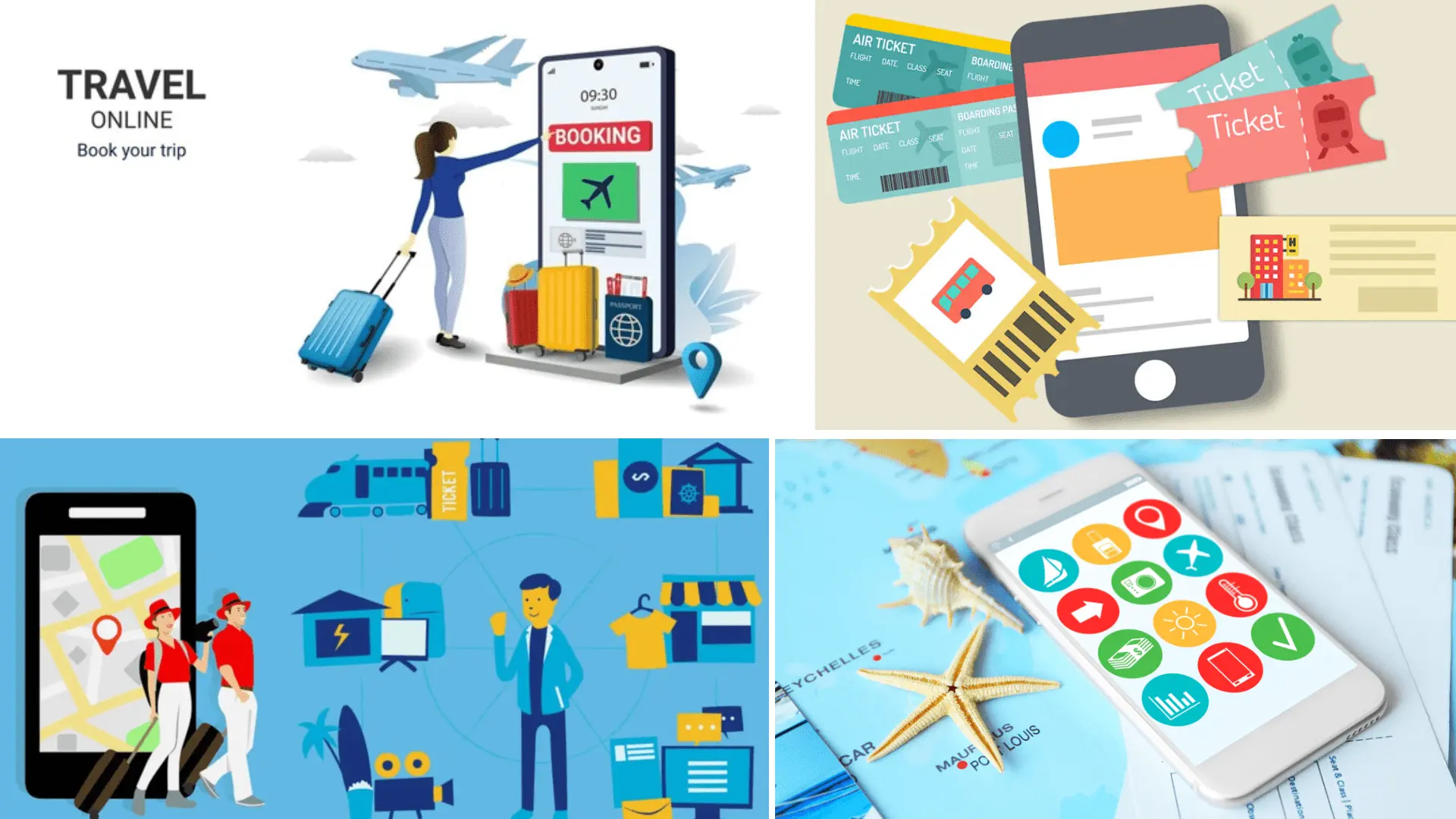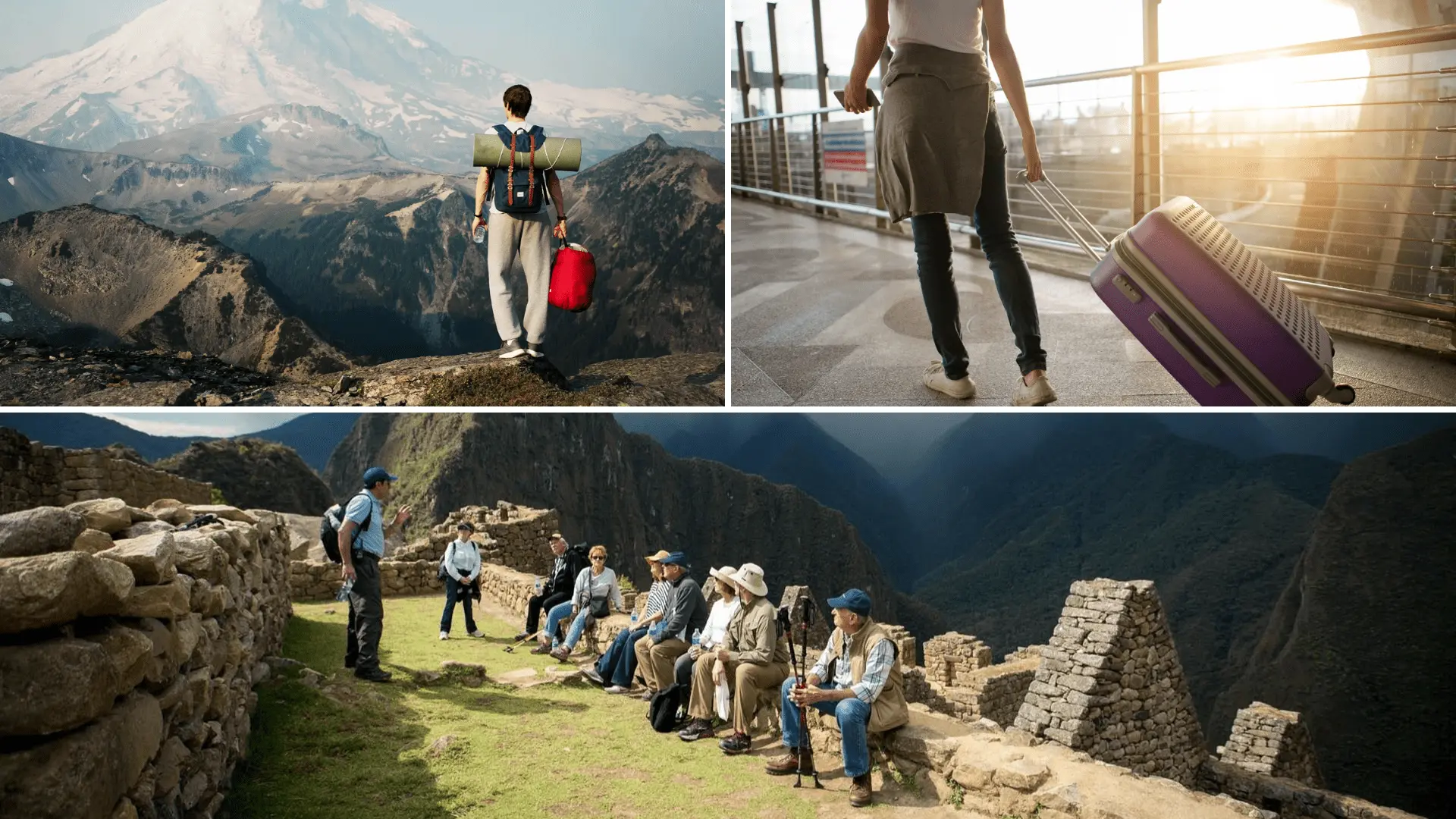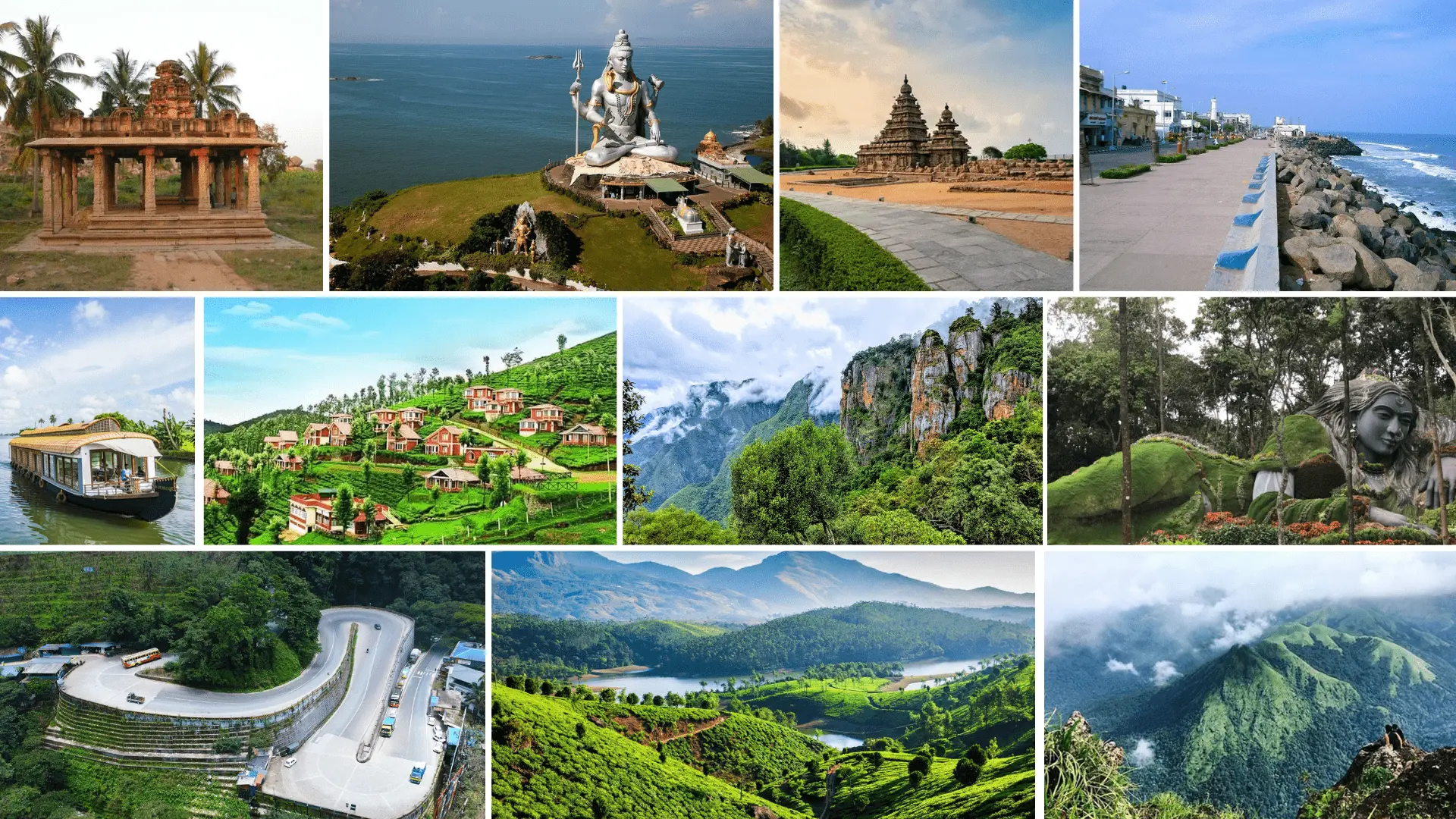International travel is an exciting adventure, but ensuring your health and safety throughout the journey is paramount. In this guide, we’ll explore essential tips to make your travels enjoyable and worry-free.
I. Preparing for the Journey
A. Researching Destination-Specific Health Concerns
Before packing your bags, research health risks specific to your destination. Stay updated on travel advisories and recommended vaccinations to safeguard your well-being.
B. Getting Necessary Vaccinations
Visit a healthcare professional to ensure you’re up-to-date on vaccinations required for your chosen destination. Immunizations protect against common illnesses prevalent in certain regions.
C. Packing Essential Medications and a First Aid Kit
Create a travel-friendly first aid kit containing essential medications, bandages, and any prescription drugs. Being prepared ensures you can address minor health concerns promptly.
II. Staying Healthy on the Plane
A. Hydration and Nutrition Tips
Long flights can be dehydrating, so drink plenty of water to stay hydrated. Pack nutritious snacks to maintain energy levels and avoid relying solely on in-flight meals.
B. Stretching Exercises During Long Flights
Combat stiffness and improve circulation by doing simple stretches during your flight. Ankle circles, shoulder rolls, and neck stretches help alleviate discomfort associated with extended periods of sitting.
III. Adjusting to Local Climate and Cuisine
A. Tips for Acclimating to Different Climates
Sudden changes in climate can impact your health. Gradually adapt to local conditions, especially if traveling from a cold to a hot climate or vice versa.
B. Making Wise Food Choices to Avoid Health Issues
Explore local cuisines, but be mindful of food safety. Opt for well-cooked meals and avoid street food that may pose a risk of contamination.
IV. Safe Accommodations
A. Choosing Reputable Hotels/Hostels
Research accommodations in advance, considering factors like safety reviews and proximity to key locations. Prioritize reputable hotels or hostels with positive feedback from fellow travelers.
B. Checking Room Safety Features
Upon arrival, inspect your accommodation for safety features. Ensure windows and doors lock securely, and familiarize yourself with emergency exit routes.
V. Transportation Safety
A. Guidelines for Safe Use of Public Transportation
If relying on public transportation, adhere to safety guidelines provided by local authorities. Be cautious of pickpockets and stay alert to your surroundings.
B. Hiring Reliable and Licensed Transportation Services
Opt for licensed transportation services to ensure reliability and safety. Research reputable companies with positive customer reviews before making arrangements.
VI. Cultural Sensitivity and Respect
A. Understanding and Respecting Local Customs
Immerse yourself in the local culture by understanding and respecting customs. Dress modestly when required, and be aware of any cultural norms to avoid unintentional disrespect.
B. Dress Code Considerations
Some destinations have specific dress codes. Before packing, research and adhere to any dress guidelines to show respect for local traditions.
VII. Emergency Preparedness
A. Familiarizing With Emergency Exit Locations
Whether on a plane or in your accommodation, know the location of emergency exits. Familiarity with exit routes can be crucial in case of unforeseen emergencies.
B. Knowing Local Emergency Contact Numbers
Save local emergency contact numbers on your phone and keep a hard copy with you. Quick access to local authorities can be vital in urgent situations.
VIII. Health Insurance and Medical Assistance
A. Ensuring Comprehensive Travel Insurance
Invest in comprehensive travel insurance covering medical emergencies, trip cancellations, and lost belongings. It provides peace of mind and financial security during unforeseen circumstances.
B. Locating Nearby Medical Facilities
Identify nearby medical facilities at your destination. Knowing where to seek medical assistance ensures swift response in case of health issues.
IX. Cybersecurity While Abroad
A. Securing Personal Devices and Data
Protect your personal data by using secure internet connections and updating passwords. Be cautious of public Wi-Fi, and consider using a virtual private network (VPN) for added security.
B. Using Secure Internet Connections
Avoid accessing sensitive information on public networks. If necessary, use secure connections, such as those provided by reputable hotels or mobile data services.
X. Mental Well-being During Travel
A. Coping With Travel-Related Stress and Anxiety
Travel can be stressful, so prioritize mental well-being. Practice mindfulness, deep breathing, or meditation to alleviate anxiety and enhance the overall travel experience.
B. Practicing Mindfulness and Relaxation Techniques
Incorporate mindfulness and relaxation techniques into your daily routine. This helps maintain a positive mindset and enhances your ability to adapt to new environments.
XI. Exercise and Physical Activity
A. Incorporating Physical Activity Into the Travel Itinerary
Stay active during your travels by incorporating exercise into your itinerary. Explore the local area on foot or find fitness facilities to maintain your regular workout routine.
B. Finding Local Fitness Facilities
Research nearby gyms or recreational areas that align with your fitness preferences. Staying active contributes to both physical and mental well-being.
XII. Monitoring Health Symptoms
A. Recognizing Common Travel-Related Illnesses
Be aware of common travel-related illnesses and their symptoms. Early recognition allows for prompt action and minimizes the impact on your trip.
B. Taking Prompt Action in Case of Health Issues
If you experience health issues, seek medical attention promptly. Knowing the location of medical facilities and having travel insurance ensures you receive the necessary care.
XIII. Responsible Alcohol Consumption
A. Understanding Local Alcohol Norms
Respect local regulations regarding alcohol consumption. Know the legal drinking age and abide by it to avoid legal complications.
B. Drinking in Moderation to Stay Safe
Enjoy local beverages responsibly. Drinking in moderation not only ensures a safer experience but also allows you to savor the cultural aspects of local drinks.
XIV. Conclusion
A. Recap of Essential Health and Safety Tips
As you embark on your international journey, keep these health and safety tips in mind. Prioritizing your well-being enhances the overall travel experience, allowing you to create lasting memories without compromising on safety.
B. Encouragement for Enjoyable and Safe International Travel
Embrace the adventure, explore with an open mind, and savor every moment. Safe travels!

























